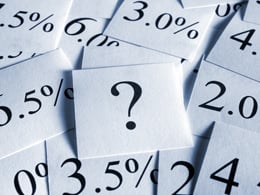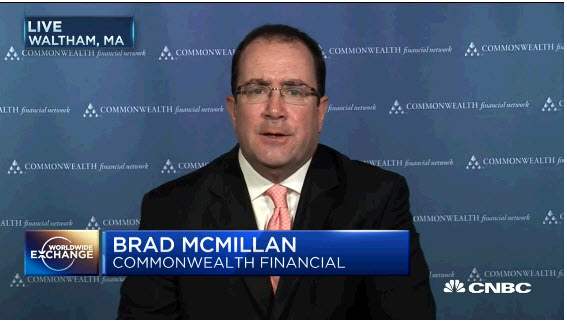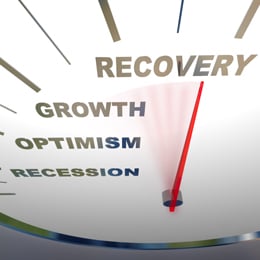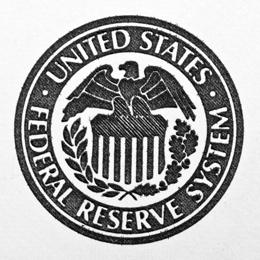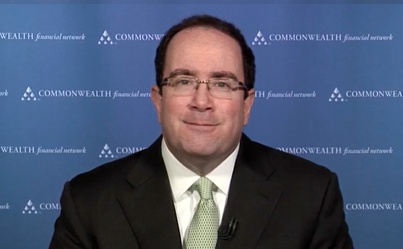As we approach the end of the beginning of the year, we know a couple of things:
- The S&P 500 is up just shy of 1.5 percent for the month, as I write this. If the market mantra “As goes January so goes the year” holds, we’re in for a pretty good year, at least for the stock market.
- President Trump actually meant most of his campaign promises and is proceeding to act on them as quickly as he can.







